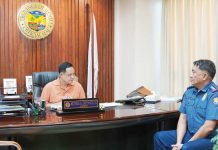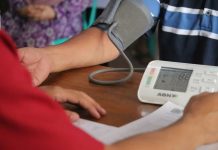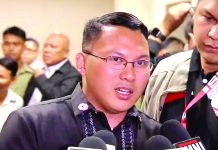MANILA – A Senate bill seeks to promote the human rights of refugees and stateless persons in the Philippines, and seeks to implement “fair” procedures for determining refugee status.
Senate Bill 1854 is the “first of its kind in the history of Philippine Congress,” with the country still lacking a law that sets the criteria and fixes the procedure in determining the status of refugees and stateless persons, said author Leila de Lima.
“Refugees are a global phenomenon,” she said. “In different parts of the world, large groups of people are forced to leave their home countries because of war, armed conflicts and persecution.”
In 2017, 65.6 million people were forcibly displaced worldwide and nearly 22.5 million were refugees, the United Nations High Commissioner for Refugees reported.
Ten million stateless people have been denied a nationality and access to basic rights including education, health care, employment, and freedom of movement, the UN body said.
Under the proposed “Refugees and Stateless Persons Protection Act of 2018,” the “Refugees and Stateless Persons Protection Board” shall be created as the central authority in determining the status of refugees and stateless persons and their eligibility for protection.
The Board is mandated to prescribe rules and regulations to properly implement the Act and to receive, examine and decide applications for status as refugee or stateless persons while promoting programs for their protection, the bill stated.
“The Protection Board may seek the CHR (Commission on Human Rights) and the UNHCR for their expertise, technical guidance and assistance. It shall inform the CHR and the UNHCR about relevant policies and programs pursued by the Philippine government toward ensuring the implementation and compliance with the UN Conventions and the provisions of this Act,” it added.
The Philippines had served as host to the “White Russians” during the Bolshevik Revolution, the Jews during World War II, the Chinese after the Communist revolution, and the Vietnamese “boat people” after South Vietnam was taken over by North Vietnam, said de Lima.
“Throughout the history of refugees, one such place that was always considered as a safe haven is the Philippines,” she said. “In all instances, we have always provided them safe haven, ever true to our nature as a warm and hospital people.”/PN







